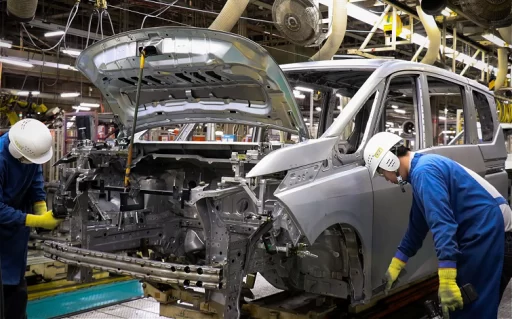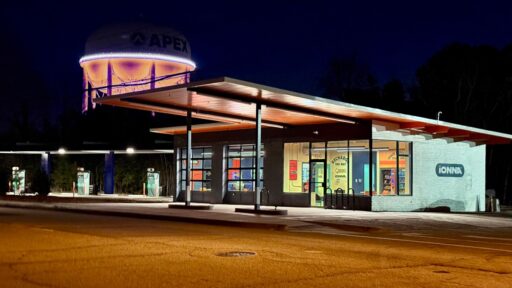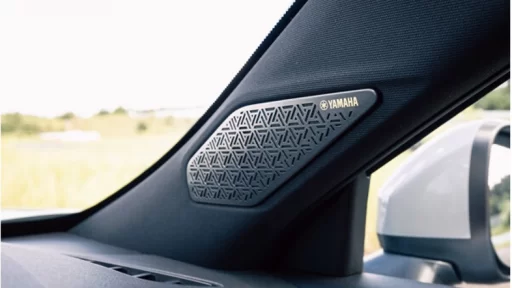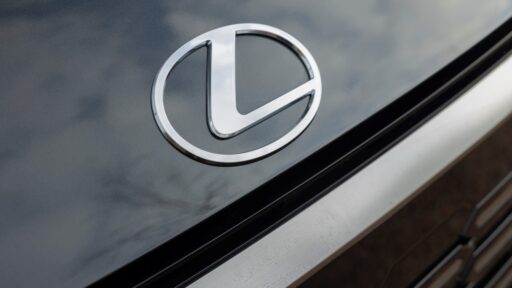Nissan has announced plans to expand its use of low-CO2-emission steel in Japan, increasing its adoption fivefold by fiscal year 2025 compared to 2023.
This move is part of the company’s broader commitment to cut CO2 emissions by 30% across the entire product life cycle by 2030 and achieve carbon neutrality by 2050.
Since steel makes up about 60% of a vehicle’s weight, switching to green steel significantly reduces carbon emissions.
READ MORE: Subaru Unveils All-New 2025 Forester Hybrid with Next-Gen Powertrain
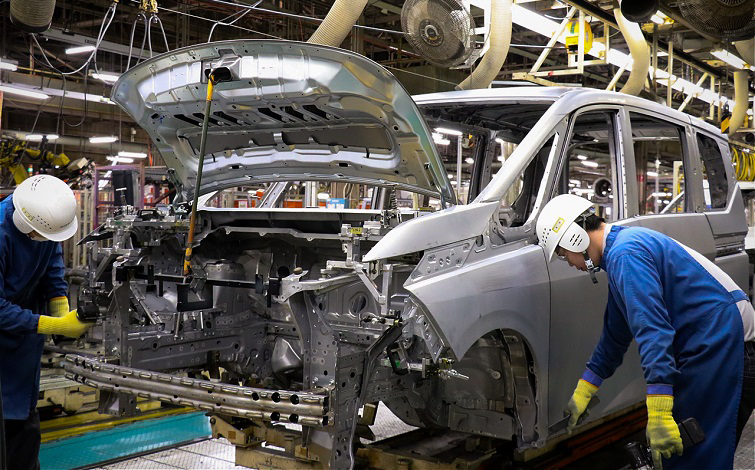
Traditional steel production relies on blast furnaces, which generate high CO2 emissions. Green steel minimizes this by using low-carbon-reduced iron or switching to electric arc furnaces.
Nissan began using Kobenable® Steel from Kobe Steel in 2023 and will now expand to green steel from Nippon Steel (NSCarbolex® Neutral), JFE Steel (JGreeX®), and POSCO. These products use a mass-balance approach, ensuring emission reductions across the manufacturing process.
By prioritizing sustainability, Nissan continues its push toward a cleaner, more sustainable future, integrating eco-friendly materials into its production while maintaining high performance and quality.
READ MORE: Opel Grandland Plug-in Hybrid Achieves 1,115 km Range in Real-World Test
Subscribe today for the freshest car news delivered to your inbox
